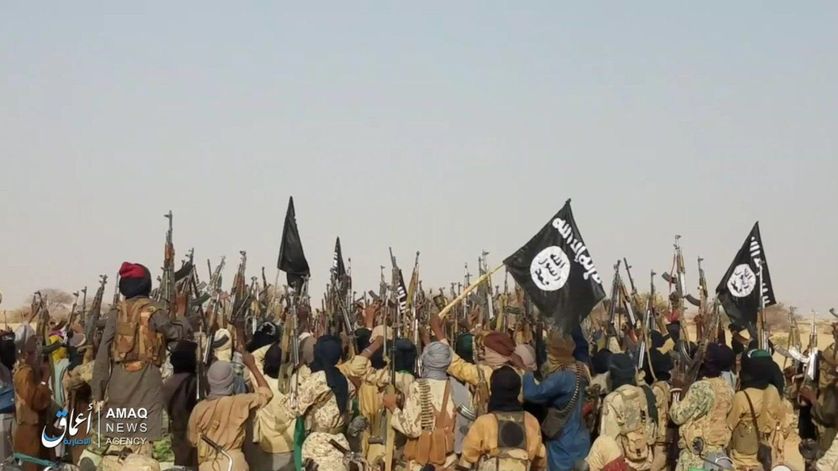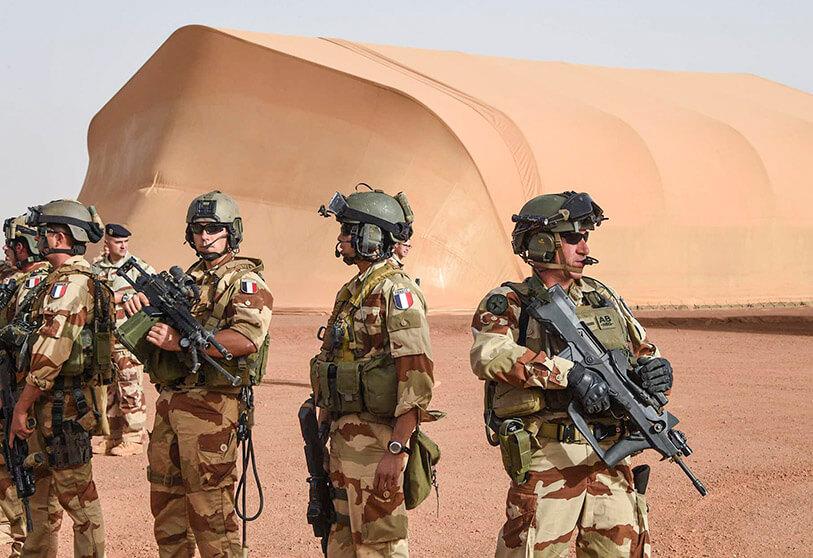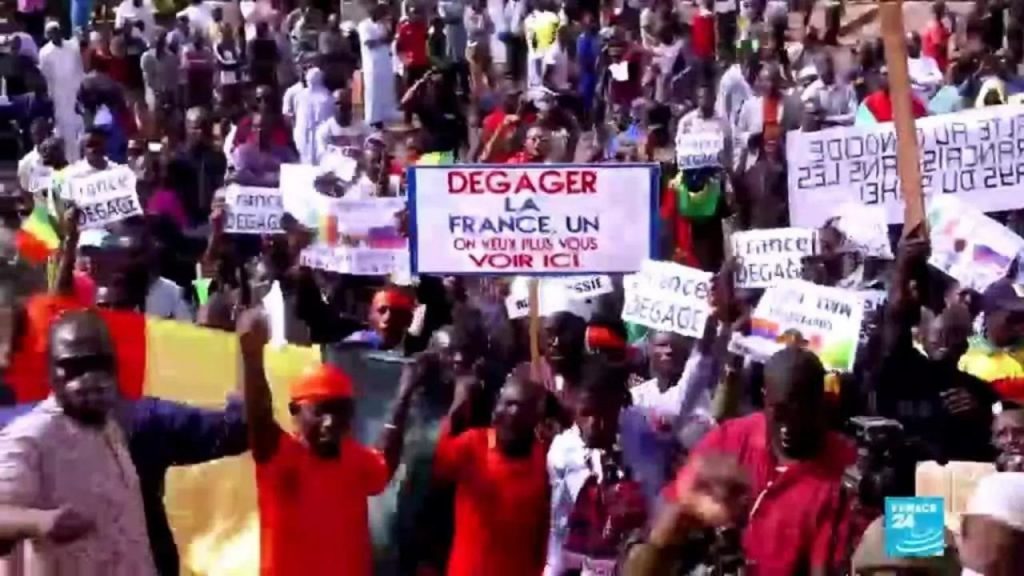
French President Emmanuel Macron in his address to the press on 10 June said: “The continuation of our commitment in the Sahel will not be in the same way. Following consultations with our partners, we will initiate a profound transformation of our military presence in the Sahel. We will keep a counter-terrorism pillar with Special Forces with several hundred forces. And there will be a second pillar that will be cooperation, and which we will reinforce.”
He also said that those left with the French military would join with other European nations as a part of the Takuba Task Force fighting against the militants in the Sahel and the regional forces of Mali and Nigeria. The scaling down of troops would occur in an “organized way”, and the details will be finalized by the end of June.
However, on Friday French forces were attacked by Al Qaeda during a combing operation. Though the leader of the terrorist group and other terrorists were killed, it forced France’s armed forces minister to vow to keep a substantial military presence in the region a day after President Emmanuel Macron ordered a draw-down.
Analyst Abudu Bulama Bukarti from Tony Blair Institute for Global Change said: “if France draws down its troops, it is going to create a security vacuum, because clearly the domestic troops and the UN peacekeeping missions don’t have the required capacity to do the fight by themselves”.
France counter-insurgency operations in Northern Africa

France has been actively leading counter-insurgency military operations in the Sahel region since 2013. Currently, it has deployed 5,100 troops in the region as a part of Operation Barkhane. Now, France is attempting to increase the local capacity.
On 10 June, the International Counter-Terrorist Academy backed by France was inaugurated in Ivory Coast. The academy expects to train security forces, including national counter-terrorism officials, troops, and magistrates, to bring a regional competition in the fight against terrorism. The academy would be the beginning of the transformation of France’s counter-terrorism efforts where it urges for coherent regional cooperation.
In early June, France suspended its military support in Mali following the second military coup within nine months. President Macron said: “the long-term presence of France in external operations cannot be a substitute to the return of the state and services of the state to the political stability and choice of sovereign states”.
Fragile political regimes and local militaries are bogging down anti-terrorist operations. In the background, authorities in Mali and Burkina Faso are trying to negotiate with extremist groups.
Anti-French protests in Sahel

The change in France’s position is also due to the demonstrations against the French military presence in the region which have been taking place on a regular basis. Increasing anti-France sentiments coupled with growing suspicion of France’s intentions and hostility towards the French military presence in Sahel has led to the decision by French President to pull out the troops.
Further, the French citizens themselves voiced opposition to the continued presence of French troops in Northern Africa. France has lost 55 soldiers since 2013. ‘Operation Barkhane‘ cost more than USD 900 million per year alone for France. The deaths of soldiers and the high cost of operation made the mission unpopular in France.
